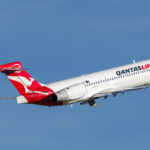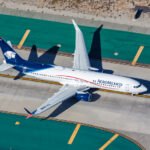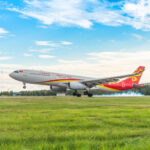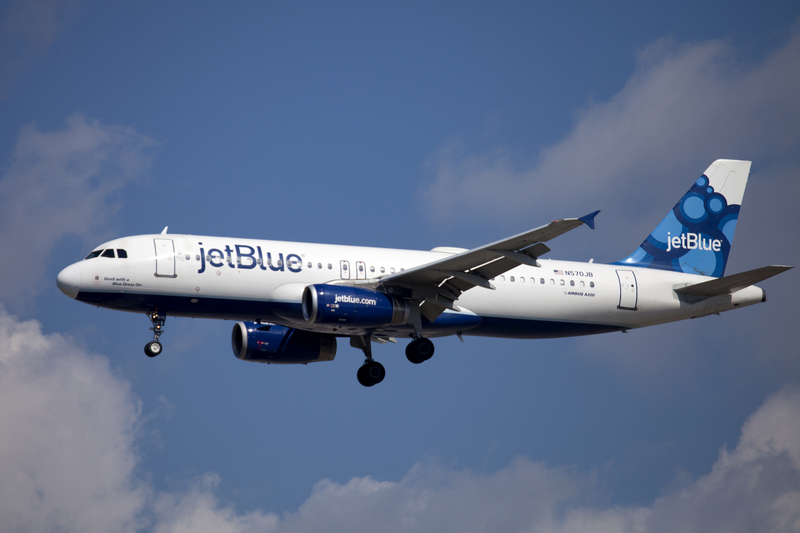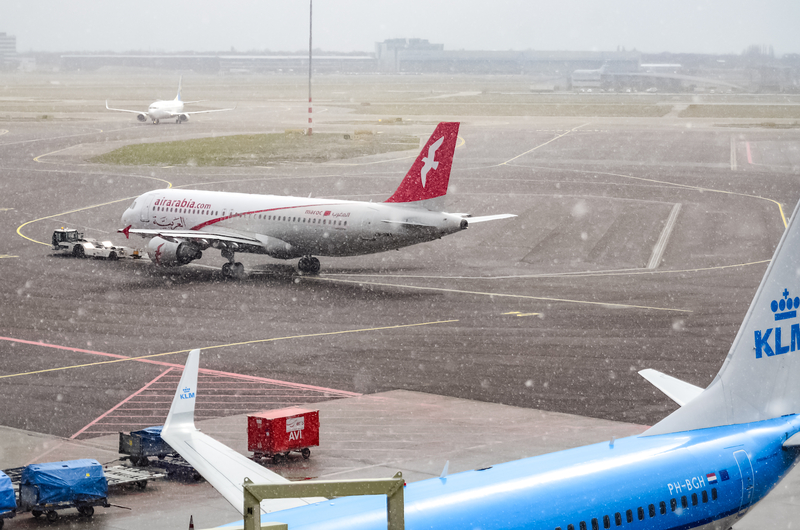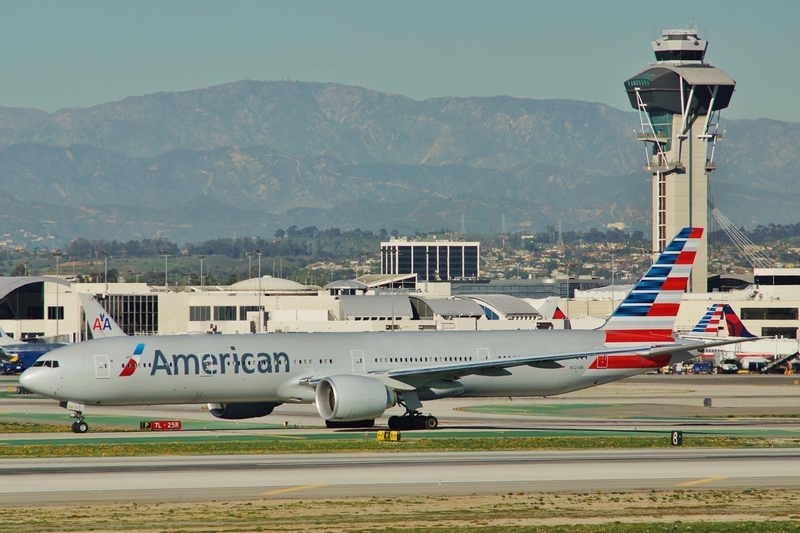Qantas Expands Network for 2025, Adding New International Routes and Increasing Service Frequency
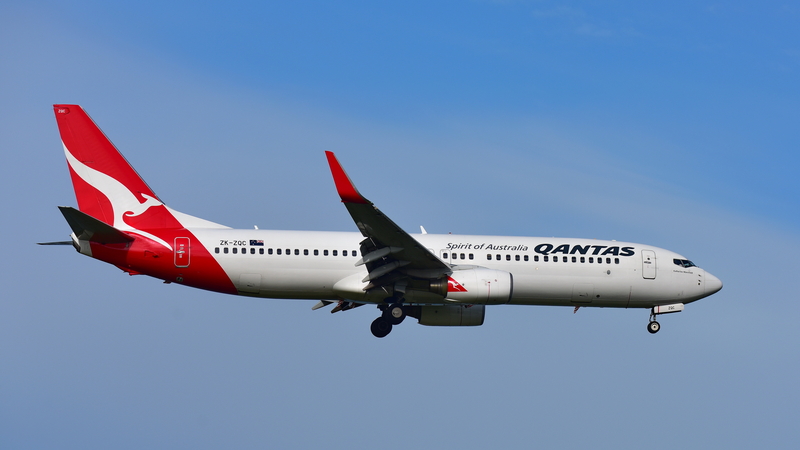
ID 101337828 © Jordan Tan | Dreamstime.com
Qantas has recently announced a significant expansion of its international network for 2025. This plan includes the addition of new routes, increased frequencies on popular routes, and the deployment of advanced aircraft. The enhancements come as part of Qantas’ ongoing strategy to meet rising demand for international travel and bolster connectivity between Australia and key markets in the Pacific and Asia.
New Routes from Brisbane to Key Destinations
One of the most anticipated additions to the Qantas network is a new weekly service from Brisbane (BNE) to Palau (ROR). Known for its pristine beaches and marine biodiversity, Palau is a major destination for eco-tourism, making it an attractive addition to Qantas’ portfolio. By linking Brisbane directly to Palau, Qantas taps into a growing market of adventure and eco-travelers seeking new, remote destinations. This route will be served by Qantas’ Boeing 737-800, which is well-suited for short-to-medium haul flights with a range capable of connecting to popular island destinations around the Pacific.
In addition to the Palau service, Qantas is resuming its flights from Brisbane to Noumea (NOU) on December 14. Noumea, as the capital of New Caledonia, is a gateway to the region’s French-influenced islands, which appeal to both leisure and business travelers. The route will operate twice weekly, providing Australians with an easy connection to this tropical archipelago. Qantas’ Boeing 737-800 fleet will also service the Noumea route, ensuring a consistent and reliable connection to the French overseas territory.
Increased Service to South Korea from Sydney
Qantas’ expansion plans also include ramping up services between Sydney (SYD) and Seoul (ICN). As one of Asia’s most vibrant and rapidly-growing economies, South Korea has become an essential market for both leisure and business travel. The increased frequency between Sydney and Seoul underscores Qantas’ commitment to strengthening its presence in Northeast Asia, which has seen a robust recovery in travel demand.
The Sydney-Seoul route is scheduled to be operated by the airline’s Airbus A330-300, providing passengers with a premium experience on this medium-to-long-haul route. Equipped with lie-flat Business Class seats, an upgraded entertainment system, and a spacious cabin layout, the A330-300 is a highly favorable choice for this market, particularly as it supports Qantas’ premium travel offerings.
Strategic Positioning in Asia and the Pacific
Qantas’ expanded network reflects a calculated approach to reestablish its reach in Asia and the Pacific, regions that have both high market potential and strong ties to Australia. With increased access to South Korea and new service to emerging destinations like Palau, Qantas is seizing opportunities in both established and growing markets.
In addition to new routes, Qantas’ network expansion includes increased frequencies to established destinations within the region, improving connectivity for Australian travelers heading to Asia and the South Pacific. This expanded frequency is expected to align well with Qantas’ codeshare agreements, especially in cases where Qantas partners with local carriers to provide greater flexibility and more travel options for customers.
Enhanced Fleet and Customer Experience
Qantas’ network expansion is supported by a robust fleet strategy. The Boeing 737-800, with its range and performance well-suited to mid-range routes, will service several of the new destinations. The 737-800’s flexibility and efficiency make it ideal for Pacific island flights where runway infrastructure may be limited and capacity needs align with its seat configuration.
For longer-haul flights, Qantas has opted to deploy the Airbus A330-300 on select routes, such as Sydney-Seoul, offering a premium experience with advanced features that appeal to both leisure and business passengers. The A330-300 fleet is equipped with Qantas’ latest onboard technology, including in-flight Wi-Fi, upgraded entertainment, and more comfortable seating across classes.
Additionally, Qantas’ investment in cabin technology has continued to enhance the passenger experience on international flights. The airline’s Business Class offers direct aisle access and lie-flat seats, while Economy Class provides extra legroom, increased seat width, and in-flight entertainment on all routes.
A Commitment to Sustainable Growth
Qantas has made it clear that its network expansion is aligned with its broader environmental objectives. The airline’s expanded routes, operated by fuel-efficient aircraft, support Qantas’ commitment to sustainability. By focusing on efficient, modern aircraft and expanding its reach with direct routes, Qantas aims to reduce overall fuel consumption and emissions.
Qantas has already committed to reaching net-zero carbon emissions by 2050 and has invested in various initiatives, including sustainable aviation fuel and carbon offset programs. The expansion of its fleet with more efficient aircraft, such as the A330-300 and the 737-800, plays a crucial role in this strategy.
Strengthening Australia’s Global Connectivity
Qantas’ network expansion for 2025 showcases a strategic move to reinforce Australia’s global connectivity, providing travelers with more choices and streamlined access to destinations in the Pacific and Asia. As international travel demand continues to rebound, Qantas is positioning itself to capture a significant share of the market, enhancing travel options for both leisure and business travelers.
The expansion also highlights Qantas’ focus on providing a premium experience, with a modernized fleet, increased frequencies, and service to unique and emerging destinations. Qantas’ network enhancements reaffirm the airline’s commitment to offering a diverse range of routes, robust service options, and an enhanced passenger experience that meets the needs of today’s international traveler.
